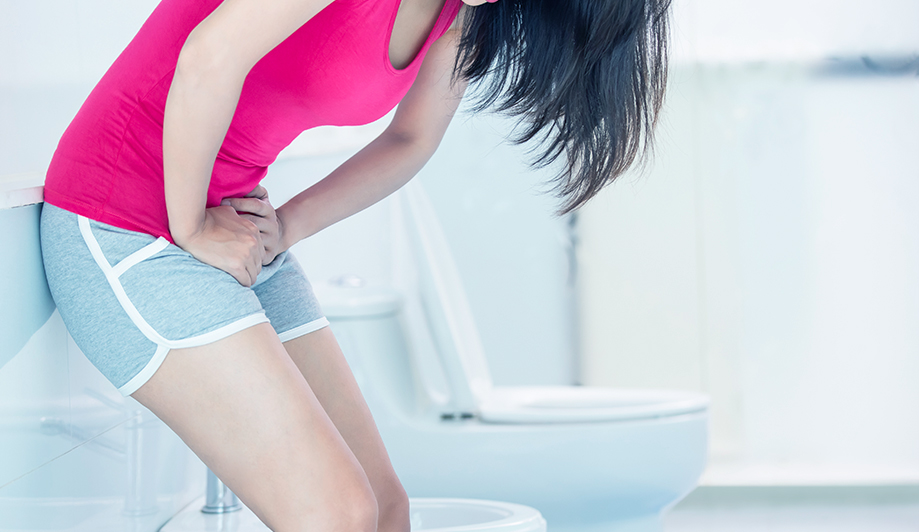
Early diagnosis and treatment is
the best way to prevent constipation!
Constipation is a common complaint that almost everyone experiences at least once in their lifetime, and while different people report different forms of symptoms, it is generally described as a decrease in the number of times they pass stools or a lack of desire to pass stools.
-
01
Causes of Constipation
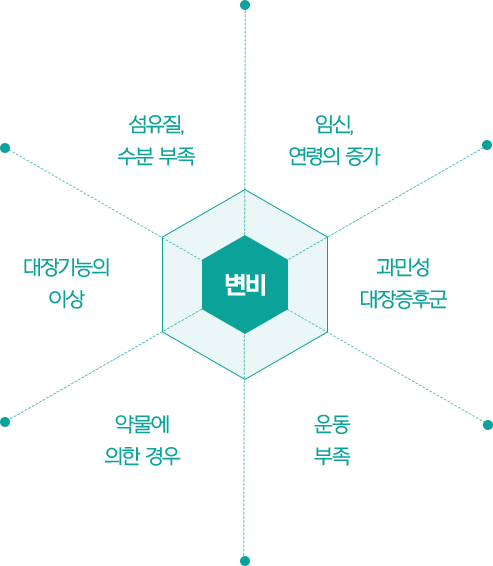
-
02
Symptoms of Constipation
-
Excessive force when defecating
-
Accompanied by lower abdominal discomfort
-
Fewer than 2 stools per week
-
Long time in the restroom
-
Feeling of loose stools
-
Hard stools
-
-
03
Treatment of Constipation
In patients with chronic constipation, colonoscopy or colonography should be performed first to confirm the presence of underlying constipation caused by colon or rectal cancer, and then anorectal physiology examination, anal sphincter function test defecography, pudendal nerve conduction test, and small bowel motility test should be performed to accurately diagnose and treat functional constipation.
-
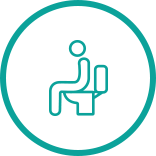
You should try to develop regular bowel habits.
-
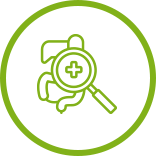
Biofeedback Therapy
-
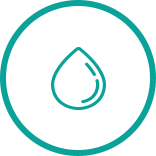
Consume plenty of fiber and fluids.
-
Levator Ani Syndrome
The pelvic floor is surrounded by a complex set of muscles that support the uterus, prostate and bladder, as well as the anus, and requires a systematic approach to treatment that includes training to relax them when they become overactive.
-
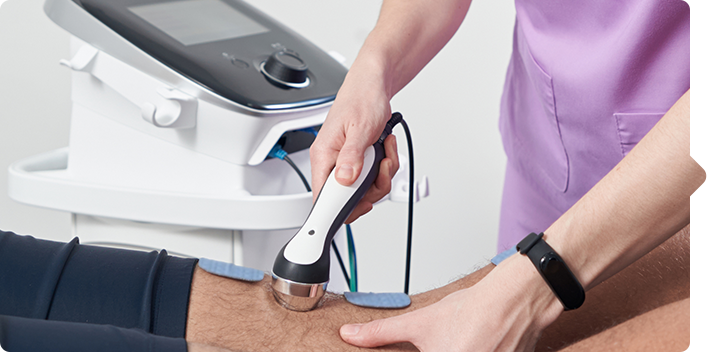
Galvanic therapy
A method of treating pain by injecting low-frequency, oscillating electrical currents into the area of rectal pain and then inducing repeated contractions of the anal sphincter to fatigue the spasmodic anal muscles.
-
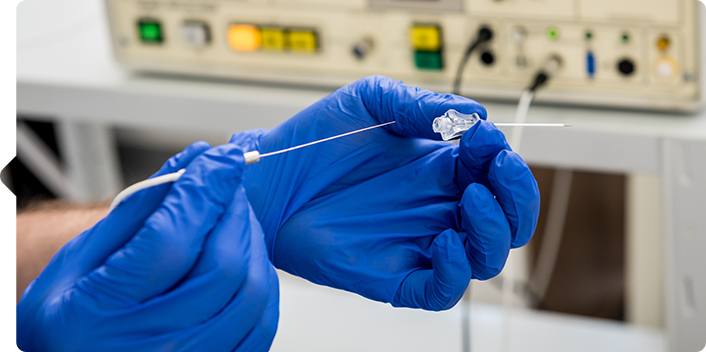
Internal nerve block
This treatment involves blocking the nerves that supply the anal sphincter or sphincter to treat pain.
-
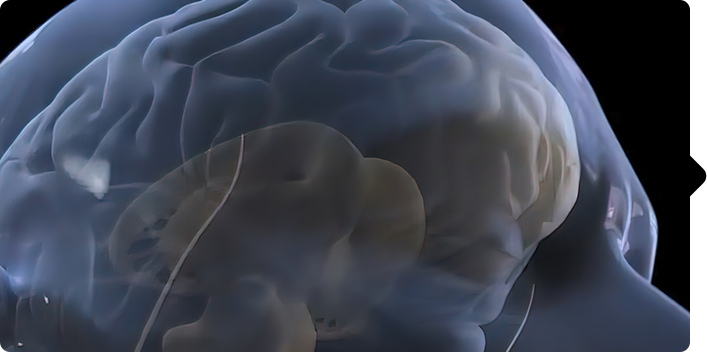
Biofeedback
Effective for rectal pain caused by anal spasm, proctocele, puborectalis dysfunction, and irritable bowel syndrome.
-

Pharmacotherapy
Bulking agents - treat constipation and irritable bowel syndrome associated with rectal pain. Muscle relaxants, analgesics, antidepressants, calcium channel blockers, and beta-adrenergic agents - induce muscle relaxation.
Irritable Bowel Syndrome
-
01
Causes And Diagnosis Of Irritable Bowel Syndrome
Cause
An abnormality of the intestines or muscle contractility, which can run in families in about 30% of cases and is more common in people who consume a lot of caffeine and smoke.
Diagnosis
A colonoscopy should be performed to rule out other underlying conditions such as cancer, diverticulitis, or inflammatory bowel disease, and in rare cases, psychiatric care may be needed.
-
02
Treatment of Irritable Bowel Syndrome
-

Increase your dietary fiber intake
If you have dietary difficulties, increasing your fiber intake with a commercially available fiber supplement can be helpful.
-
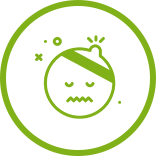
Reduce stress
Avoiding excessive physical strain or stress is recommended.
-
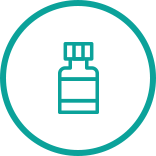
Medication and supportive care
Discuss your treatment plan with your doctor and seek appropriate medical attention promptly if symptoms are severe.















